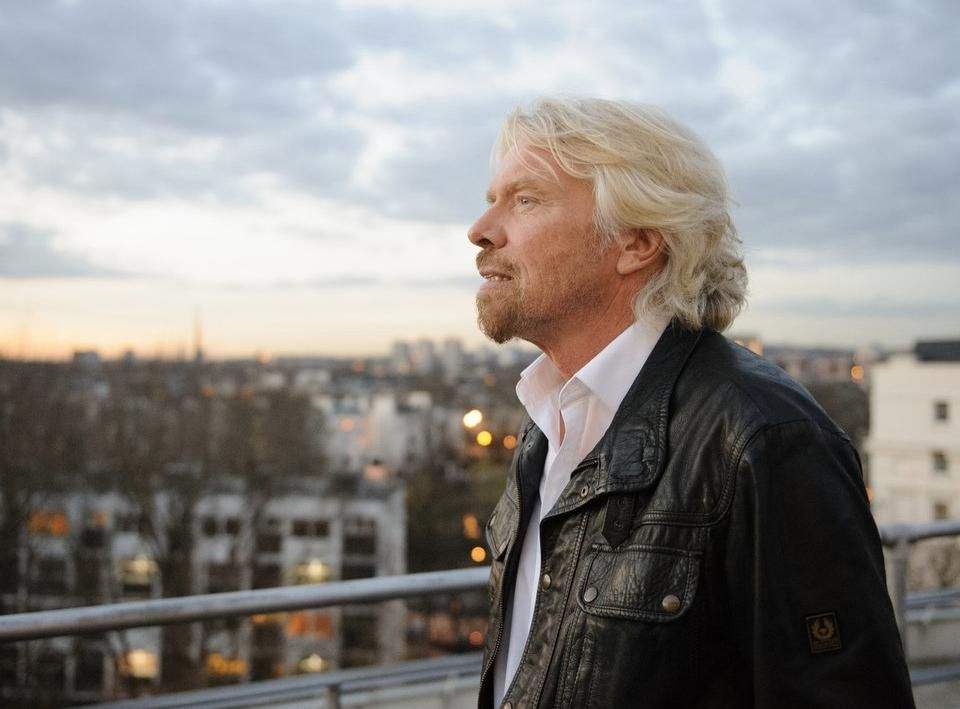
British HNWs are playing catch-up while the rest of the world experiences an era of rapid growth, high-yield and superb performance, especially in the Asia-Pacific region, writes Arun Kakar
UK HNWs saw their wealth progression trail behind the rest of the world last year, as global HNW wealth surpassed $70 trillion for the first time ever. The World Wealth Report from Capgemini found that the wealth of UK HNWs grew by 2.1 per cent to $2.1 trillion in 2017, compared to rises of 7.8 per cent in Europe and 10.5 per cent globally.
And the UK’s HNW population isn’t catching up either. The study also showed a meagre 1.2 per cent growth to 575,000, while the rest of the world’s population grew by 9.5 per cent to 18.1 million. In addition, reports of ‘stagnant’ economic performance and a cocktail of slow equity market growth combined with real estate slumps all provide a bleak outlook for the UK wealthy. Indeed, real estate was far from strong on the continent: every European country experienced growth percentages in the single digits, but UK figures still lagged behind at a dismal 0.1 per cent.
‘Britain continues to experience political and economic uncertainty related to Brexit,’ the report said. ‘Meanwhile the UK’s housing market sluggishness is expected to continue throughout 2018 due to corrections in prices and increased lending rates.’
UK figures pale in comparison to the super-rich in the Asia-Pacific region, who outgrew all other regions, at the rate of 15 per cent to $21.6 trillion. The region contributed the most towards HNW population growth and wealth, claiming 664,700 of the world’s 1.6 million new HNWs last year. Japan and China, unsurprisingly, supplied the lion’s share of the contributions, but it was India that emerged as the fastest growing market, with a population increase of 20.4 per cent and wealth growth of 21.6 per cent.
Globally, strong economic and equity markets were viewed as the principle reasons behind this upsurge – the highest level reached since the Capgemini project began 22 years ago. HNW wealth is on course to cross the $100 trillion mark by 2025, if Asia continues to grow at around 8.7 per cent annually, with North America and Europe needing to grow at a rate of 3.3 per cent and 2.9 per cent respectively.
This upsurge in wealth is due to a healthy rise in yield. Investment returns for HNW AuM were boosted by 27 per cent last year, with equities remaining the largest asset class (30.9 per cent) followed by cash and equivalents (27.2 per cent).
However, despite stronger returns, confidence in wealth managers has not peaked. Only 63.4 per cent of the 2,600 HNWs surveyed said they were satisfied with their wealth managers, and just over half (55.5 per cent) said they connected ‘very well’ with them. HNWs work with an average of 2.2 asset managers, down from 2.6 in 2014, with almost half saying they were ‘entirely comfortable’ with fees charged and that they considered investment advice to be the ‘most crucial element’ in a wealth management relationship.
‘There is clear opportunity for wealth management firms to strengthen their relationships with their high-net-worth clients as nearly half say they don’t connect well with their wealth managers,’ said Anirban Bose, head of Capgemini’s Financial Services Global Strategic Business Unit. ‘Providing an innovative digital client experience is one way to strengthen the bond between wealth managers and their clients.’
The report also found a ‘cautious’ interest in cryptocurrency, with younger HNWs more likely to press wealth management firms on having information on the digital asset. Some 29 per cent globally said they had a high degree of interest in digital currency, with 26.9 per cent saying they were somewhat interested.
For more statistics and information on this story, find the report here.
Arun Kakar writes for Spear’s
Related
Why family offices are starting to think like pension funds
Businesses should mind the scale-up gap
Why is the government failing to act on its ‘robust rhetoric’ on dirty money?






